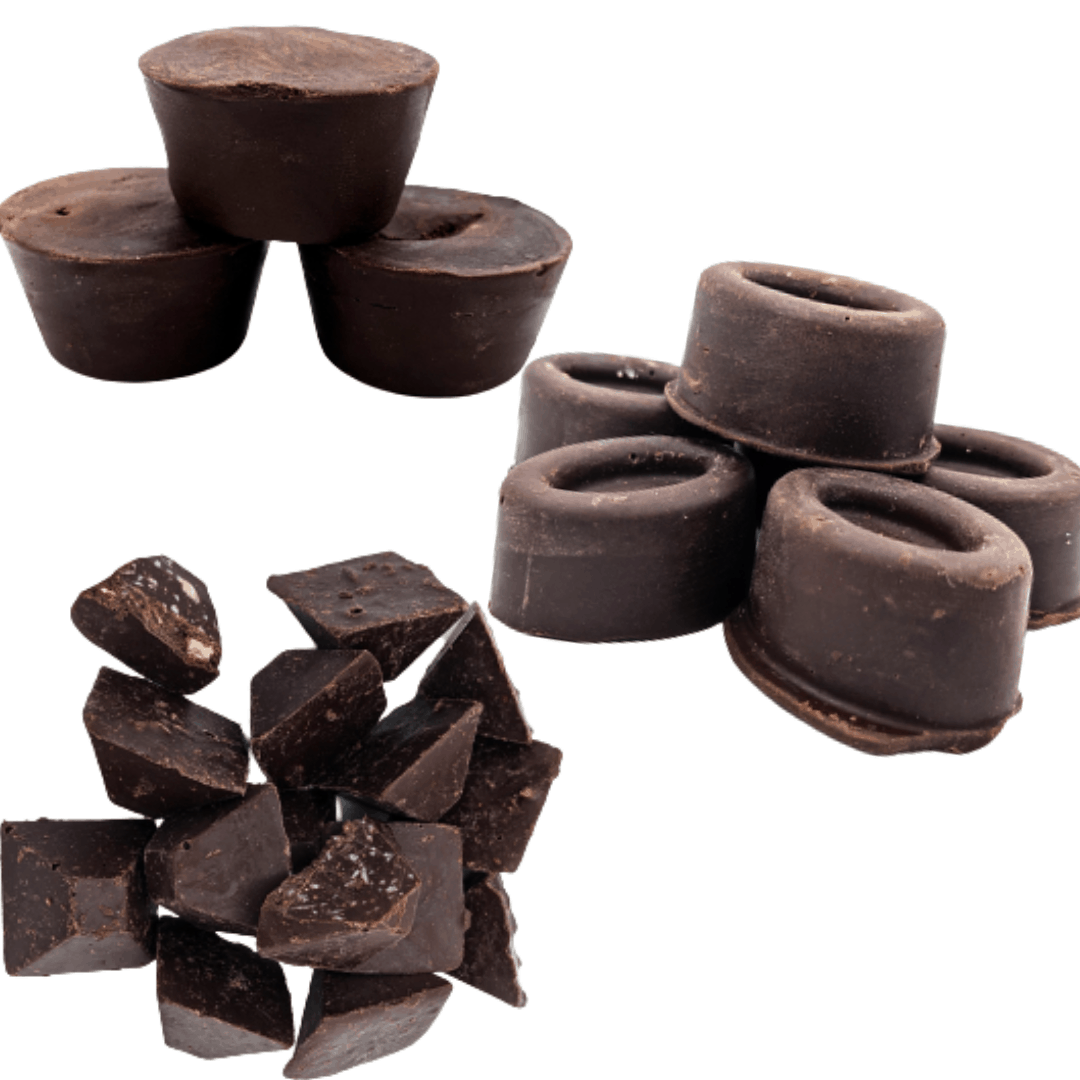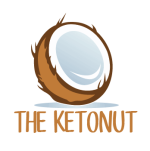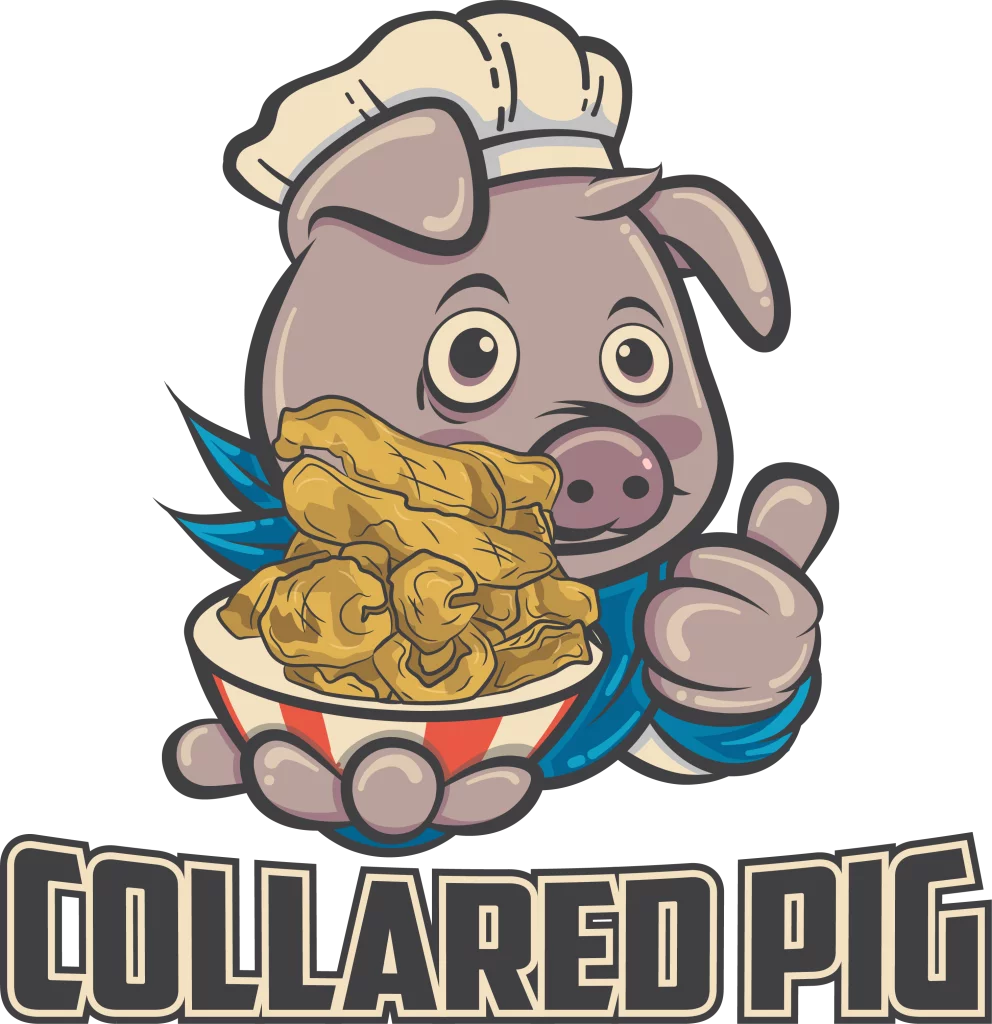
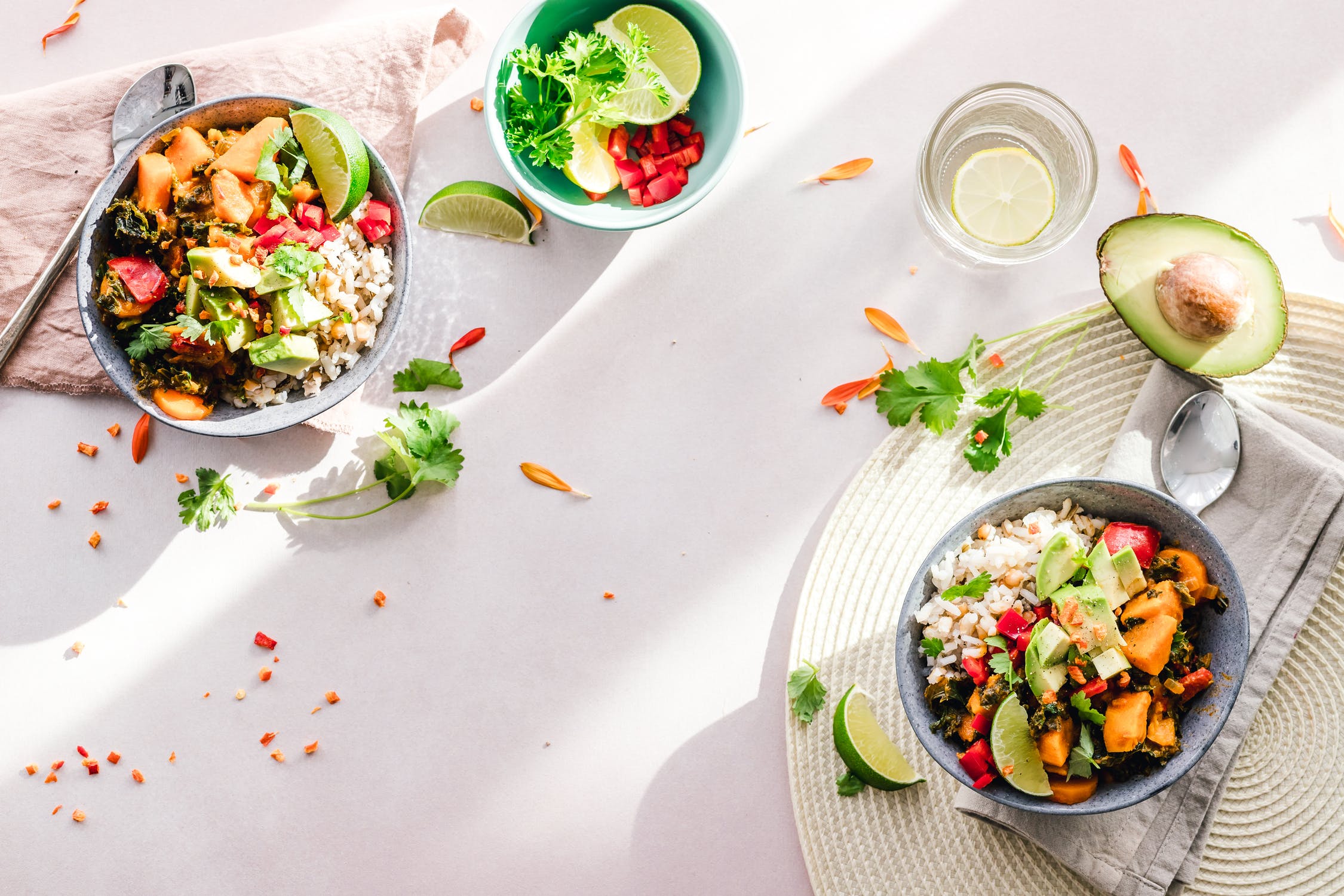
- November 13, 2019
- 10:55 am
When you’re already on a restrictive diet, whether by choice or not, taking on Keto can seem like an insurmountable task. The great thing about Keto is how versatile it is – you might have to make some further changes, but there’s no reason to not lose weight via ketosis just because allergies or ethics make it seem harder.
Here are some tips for vegetarians, those who don’t eat dairy, and anyone else who might have a dietary restriction to make the Keto process a whole lot easier!
Keto for Vegetarians
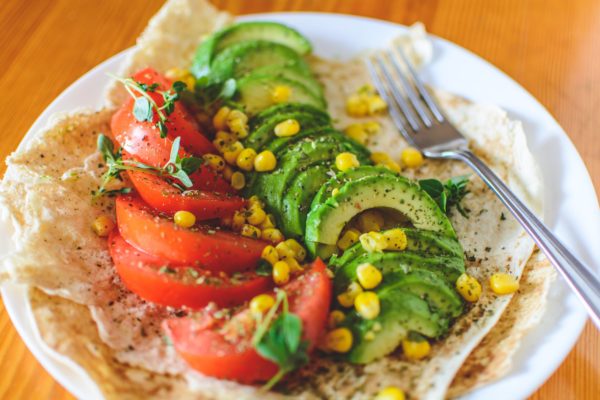 The emphasis a lot of ketogenic professionals and experts put on fats from meats can make it seem impossible for vegetarians to enjoy the benefits of Keto diet. This isn’t true! One might have to make more adjustments, but it’s still possible to get to a state of ketosis with vegetarian foods.
The emphasis a lot of ketogenic professionals and experts put on fats from meats can make it seem impossible for vegetarians to enjoy the benefits of Keto diet. This isn’t true! One might have to make more adjustments, but it’s still possible to get to a state of ketosis with vegetarian foods.
This is because the emphasis is on fat, not meat itself, and there are loads of fatty options in the fruits and vegetable world. Nuts, seeds, and avocados are packed with healthy fats that can help you achieve your goals and keep you resisting the temptation of meat.
The biggest challenge is cutting out the veggies that have too many carbs in them. A lot of vegetarians make the mistake of assuming that if they reduce refined carbs from things like bread and pasta, they’re home free. Make the right choices:
- Avocados
- Leafy greens like spinach, kale, lettuce, collard greens, and Swiss chard
- Cucumber
- Squashes
- Broccoli
- Cabbage
- Asparagus
- Mushrooms
- Berries, like blueberries, raspberries, strawberries, and blackberries
- Eggplant
- Bell pepper
- Onion
No Dairy? No Problem
 Are you lactose intolerant or allergic to dairy? Do you think milk products are causing skin issues? Or do you just not like the dairy industry? Foods like milk, butter, and yogurt are frequent staples of ketogenic diets (not knowing the fact that a glass of 2% still has a lot of carbs) but many people simply can’t consume dairy.
Are you lactose intolerant or allergic to dairy? Do you think milk products are causing skin issues? Or do you just not like the dairy industry? Foods like milk, butter, and yogurt are frequent staples of ketogenic diets (not knowing the fact that a glass of 2% still has a lot of carbs) but many people simply can’t consume dairy.
Luckily, there are so many great options out there that dropping dairy won’t have a major impact on the choices at your disposal. For example, when you’d normally use butter for frying or enhancing flavour, replace it with olive or coconut oil. Dairy is an easy way to consume fats, but it’s definitely not the best or only way!
Supplementation on Keto
 You’ll get what your body needs from the Keto diet, but when you have food sensitivities or dietary restrictions, you’ll need the help of supplements to make up some deficiencies. Fish oil, probiotics, vitamin D are good for all-round nutrition, regardless of your dietary restrictions; minerals like zinc and magnesium are crucial when you’re on a vegetarian or vegan diet; and calcium can be needed when you’ve cut out dairy.
You’ll get what your body needs from the Keto diet, but when you have food sensitivities or dietary restrictions, you’ll need the help of supplements to make up some deficiencies. Fish oil, probiotics, vitamin D are good for all-round nutrition, regardless of your dietary restrictions; minerals like zinc and magnesium are crucial when you’re on a vegetarian or vegan diet; and calcium can be needed when you’ve cut out dairy.
Supplements can also be great for specific problems you might have when adjusting to ketosis. Melatonin, for example, can help you sleep when you’re feeling restless at night, and L-Glutamine can give you an energy boost when you’re feeling fatigued.
Recent Posts


Sugar Free Sweet Treats

Low-Carb Products

Keto Food
